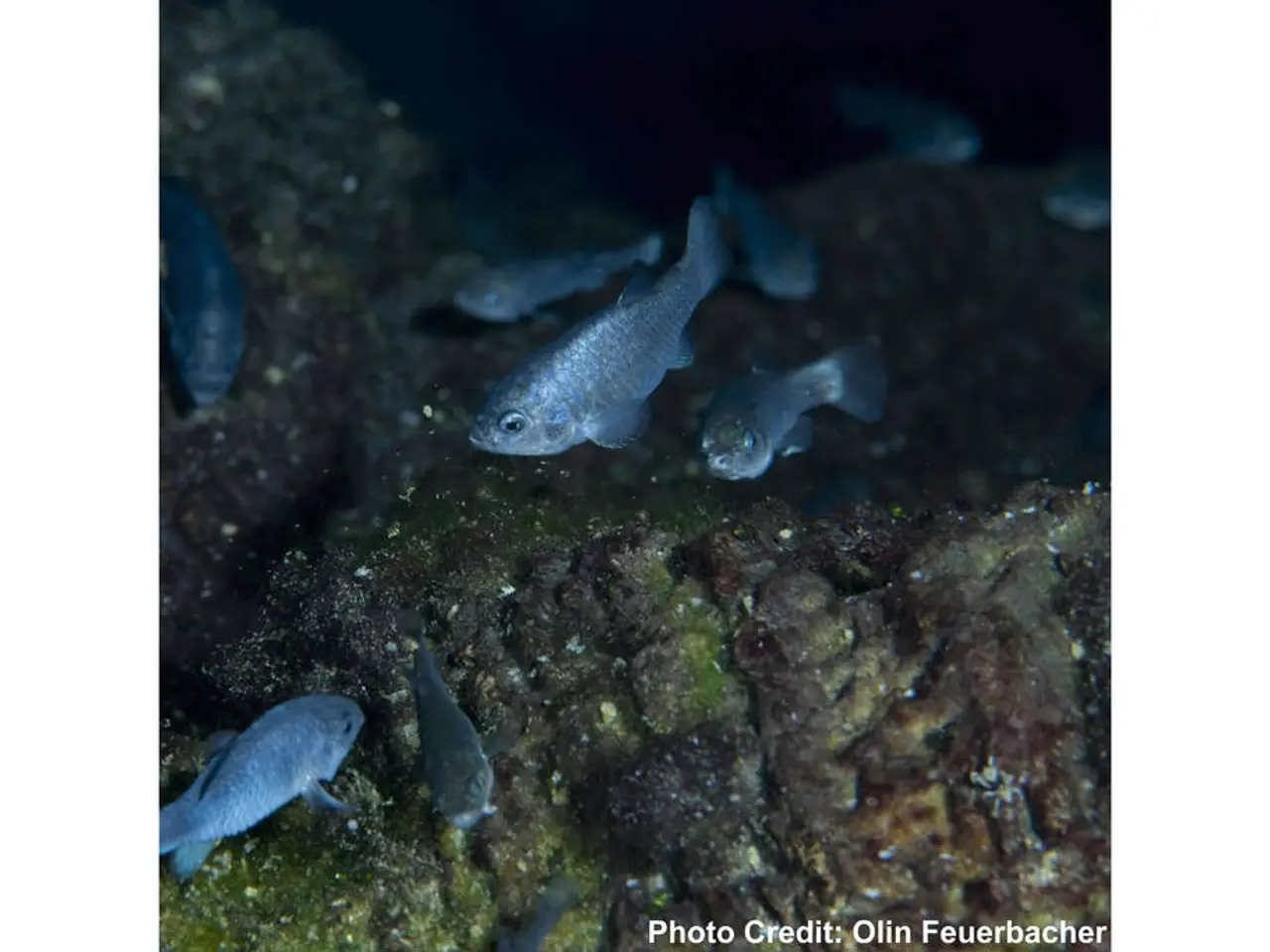Boats are being rammed by orcas, a behavior that scientists speculate could be a form of play for the intelligence marine mammals.
In the crystal-clear waters off the coast of Galicia, Spain, a peculiar pod of orcas has been causing a stir among mariners and scientists alike. Since 2020, this pod of approximately 40 orcas has been engaging in an unusual behaviour - ramming boats, with a particular focus on destroying rudders.
Authorities are working tirelessly to provide real-time tracking information to help vessels avoid these encounters. Spanish authorities have issued a warning to mariners, advising them to remain calm, silent, and try to move away from the orcas. The report strongly warns against attacking the orcas due to their critically endangered status and the illegality of hurting or killing them.
The recent encounters have occurred in shallow coastal estuaries, suggesting that the pod may be exploring new areas. Some crew members have expressed fear during these encounters, as reported by The Independent. However, no injuries have been reported from these encounters, but the pod has sunk several vessels and disabled countless others.
Scientists believe the orcas' behaviour is likely a learned cultural behaviour that is fun for the animals. Orcas are known to produce culture by passing traditions and behaviours down through generations. The ramming tradition among orcas may be becoming a cultural element of the pod off the coast of Galicia.
Orcas are typically found in deeper waters, where they can find their main food source, bluefin tuna. Last month, however, the orcas were spotted preying on octopus that live in shallower water. More research is needed to confirm the link between the orcas' behaviour and their prey in coastal waters.
In an effort to find solutions, OceanCare submitted recommendations in 2024 to the International Whaling Commission. They proposed developing solutions for the treatment of ship damages caused by Iberian orcas in the Galicia region. Officials with the Spanish Ministry of the Environment are also considering additions to rudders to dissuade orcas from their rudder-wrecking behaviour.
Despite the challenges, the encounters with this unique pod offer a rare opportunity to study orca behaviour in a new context. As we continue to learn more about these intelligent creatures, it is crucial to remember the importance of respecting their critical status and the need to protect them.








